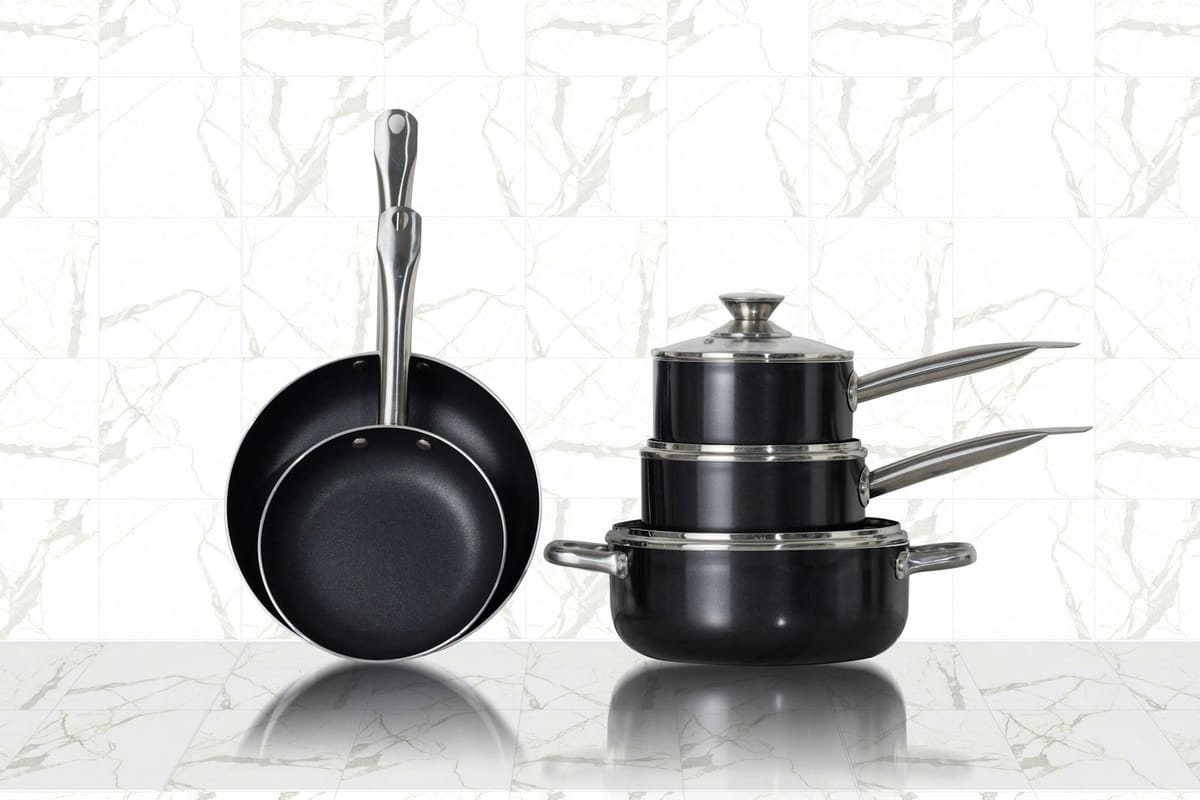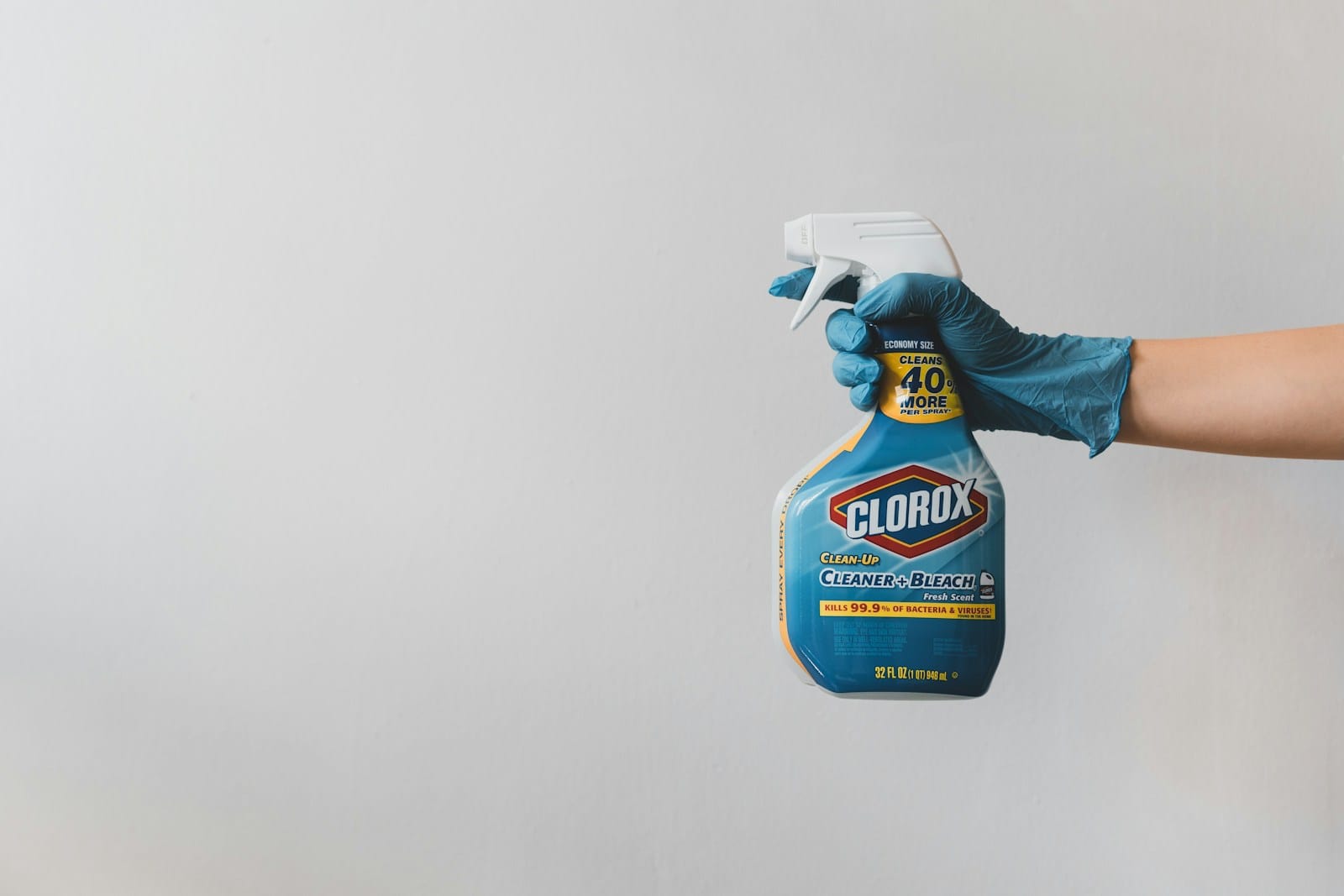The Cleaning Product Chefs Warn Could Ruin Your Cookware

When it comes to keeping your cookware in top condition, not all cleaning products are created equal. In fact, one common household cleaner—bleach—is a product chefs warn could irreparably damage your pots and pans.

While bleach is often praised for its powerful cleaning abilities, its harsh chemical composition can corrode metals, strip protective coatings, and even compromise the safety of your cookware.
Why Bleach Is a Problem for Cookware
Bleach is a strong chemical that can react with certain materials commonly used in cookware, such as stainless steel, cast iron, and enamel-coated surfaces. Here’s how it can cause harm:
- Corrosion of Metal Surfaces: Bleach can cause stainless steel to corrode or discolor over time, leaving behind unsightly stains and weakening the material.
- Damage to Non-Stick Coatings: Non-stick pans are especially vulnerable. Bleach can break down the delicate coating, leading to flaking and potentially contaminating your food with harmful particles.
- Ruining Enamel Finishes: Enamel cookware, like Dutch ovens or casserole dishes, can lose its glossy finish when exposed to bleach. This weakens the enamel and makes it prone to chipping or cracking.
- Health Risks: Residual bleach left on cookware can mix with food during cooking, posing potential health risks.
What Chefs Recommend Instead
Professional chefs and cleaning experts agree on safer alternatives for cleaning your cookware:
- Mild Dish Soap and Warm Water: For most cookware, a simple combination of dish soap and warm water is sufficient. Use a non-abrasive sponge to avoid scratches.
- Baking Soda Paste: For stubborn stains or burnt-on food, mix baking soda with water to create a paste. Apply it to the affected area and scrub gently.
- Vinegar Solutions: White vinegar is excellent for removing discoloration or mineral buildup on stainless steel without causing damage.
- Bar Keepers Friend: This gentle yet effective cleaner is highly recommended for restoring shine to stainless steel and removing tough stains without harming surfaces.
Cookware-Specific Tips
- Non-Stick Pans: Avoid abrasive cleaners or scouring pads that can scratch the coating. A soft sponge and soapy water are usually enough.
- Cast Iron: Never use bleach or soak cast iron in water for extended periods. Instead, scrub with coarse salt and oil to remove residue while maintaining the seasoning.
- Enamel-Coated Cookware: Stick to mild soaps and avoid sudden temperature changes that could crack the enamel.
The Bottom Line
While bleach may seem like an all-purpose cleaning solution, it’s one product you should keep far away from your cookware. Its corrosive properties can ruin the materials and finishes of your pots and pans, leading to costly replacements. By opting for gentler cleaning methods, you can extend the life of your cookware while ensuring your meals remain safe and delicious.